Make your butter last longer with these quick tips.
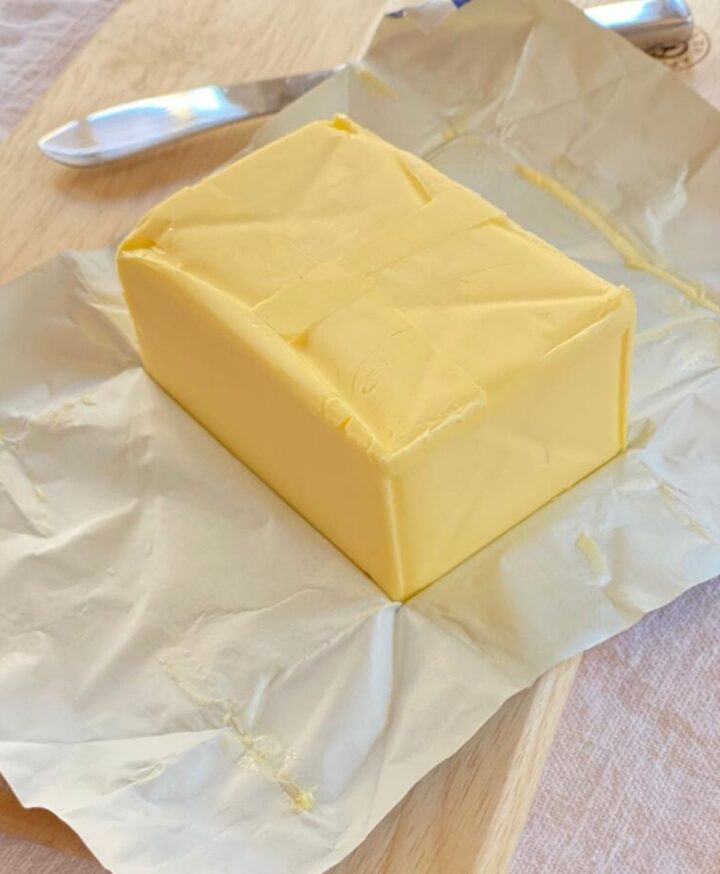
A good quality butter is an important ingredient to have on hand. In fact I use it in the preparation of every meal.
It is rich, smooth and creamy with a touch of sweetness and a wonderfully unique flavour.
This easy whipped butter is wonderful on warmed bread. It also combines well with other ingredients such as this Porcini & Garlic Compound Butter on grilled meats and vegetables.
Find more useful tips for the home cook such as how to tenderize meat. and why you should not overcrowd the pan.
Cooking with butter
Not only is butter delicious as a condiment, it is incredibly versatile, and plays an important part in various cooking techniques from baking and roasting, to sauces and sautéing.
As it contains a minimum of 80% fat, butter is perfect for adding moisture, developing texture, and absorbing flavours from other fat soluble ingredients such as spices, herbs, vanilla, etc.
Cook’s Tip: The higher the fat content in butter, the more flavourful it will be.
In short, butter adds complexity and greatly enhances the flavour and texture of a dish, like no other ingredient. Butter can take a dish to a whole other level.
Try these butter-y recipes
Storing butter at room temperature
Salted butter contains just under 2% salt which acts as a preservative. Store in a closed container to minimize exposure to air, and it will keep at room temperature in a cool kitchen (below 70℉/20℃), for up to two weeks.
It will remain soft and easy to spread, which is useful for the breakfast table, making sandwiches, and many baking recipes.
Unsalted and whipped butter should not be left out of the fridge for more than a few hours as it will spoil and taste/smell rancid.
In the fridge
According to the USDA, butter will stay fresh in the fridge for up to 4 months. Keep it in an airtight container and away from other strong smelling foods.
Can you freeze butter?
Butter freezes very well if properly wrapped. I always keep a couple of packets in my freezer so I don’t run out.
Salted butter will keep for up to 12 months and unsalted, for up to 6 months. During freezing there is always a degree of moisture loss, so storing for longer could affect the taste, smell and texture.
To freeze, place the butter with its original packaging into a ziploc bag, to prevent freezer burn, and make a note of the date of freezing.
A useful tip is to freeze butter in measured quantities for certain recipes. To do this, remove the butter from the original packaging and slice into required amounts. Then wrap in plastic wrap or wax paper, place into a ziploc bag and label it.
Defrosting butter
Frozen butter can be used directly in some recipes such as sautéing. For this, it can be sliced or grated.
Defrost butter in the fridge the day before you need it, or leave it on the worktop for several hours (depending on the quantity of frozen butter and the room temperature).
Can you re-freeze butter?
This depends on how long it was initially frozen for and how it was handled after the initial defrosting.
If the butter was frozen for many months, its moisture levels will have decreased, so it will not have a great flavour after the second defrosting. Salted butter may taste even saltier as more moisture is lost.
If the butter has been contaminated with other food or on handling, it could harbour bacteria and should not be refrozen.
Cultured butter contains bacteria and cannot be refrozen.

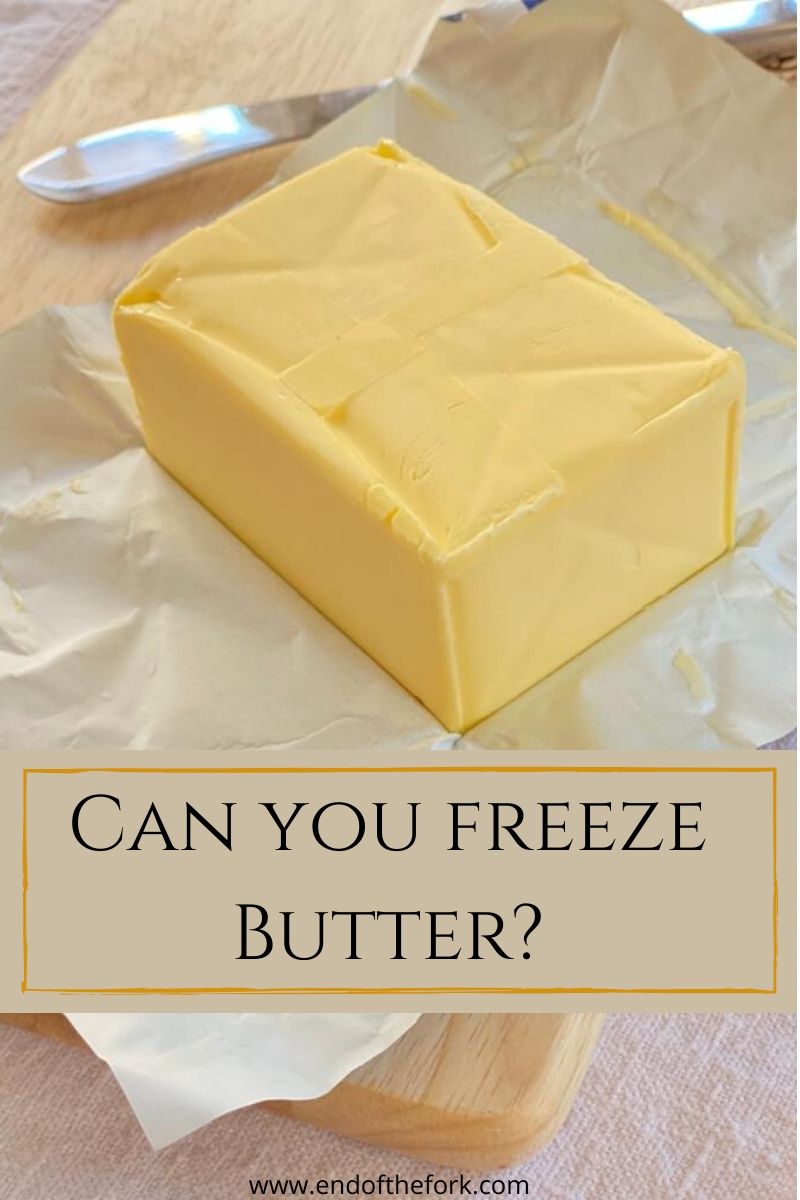
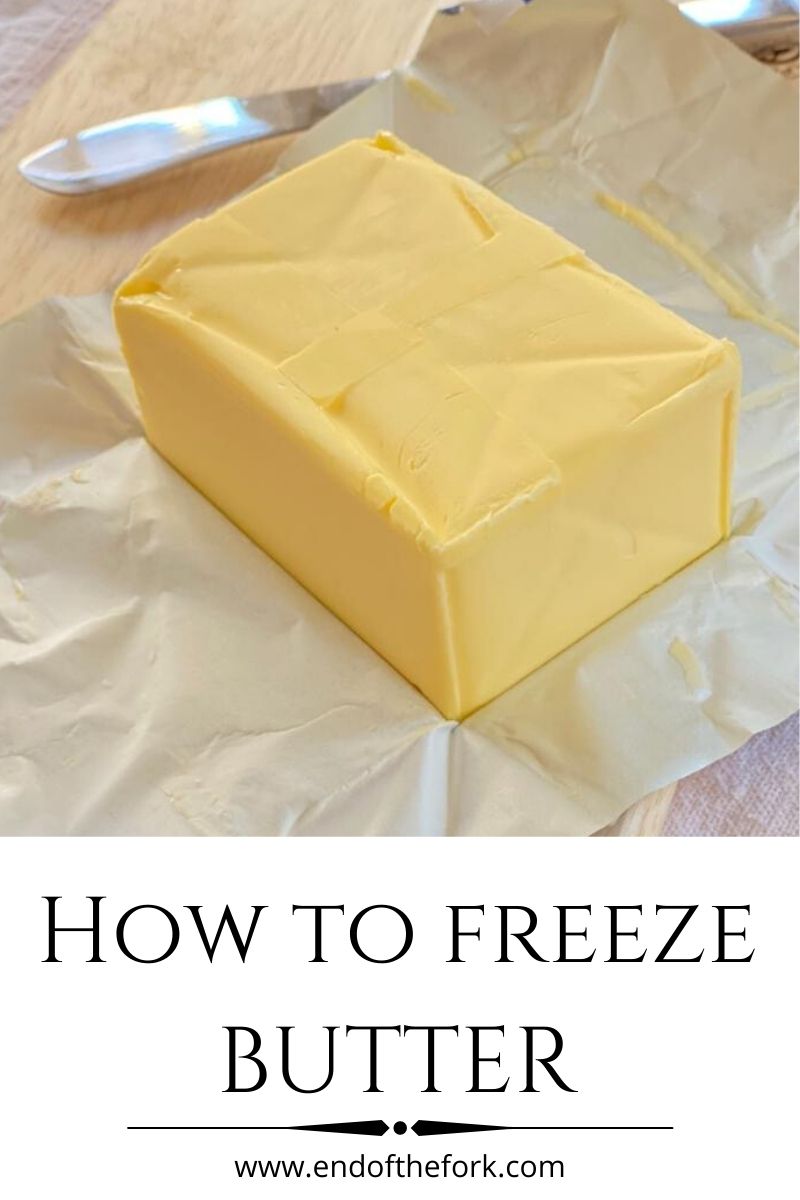
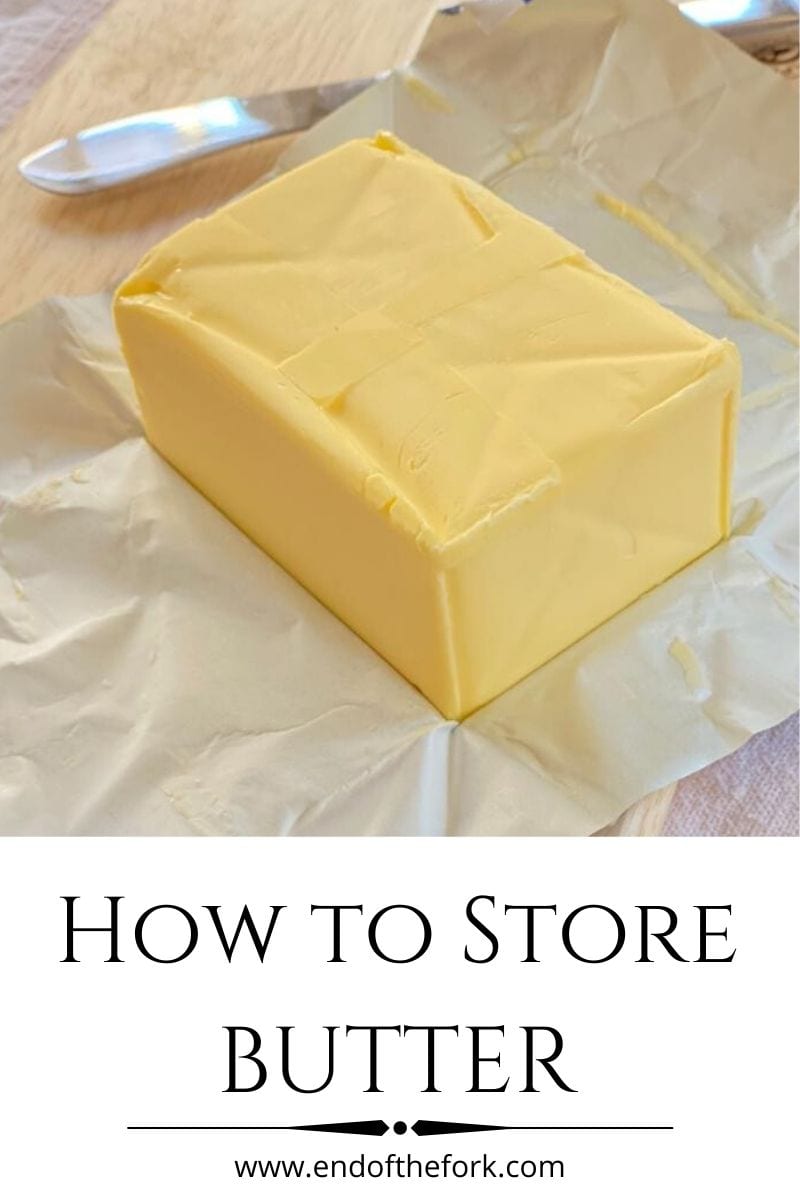


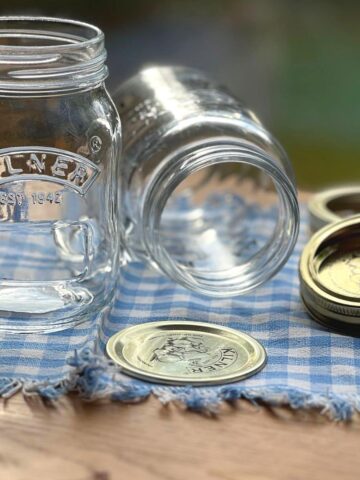

Comments
No Comments